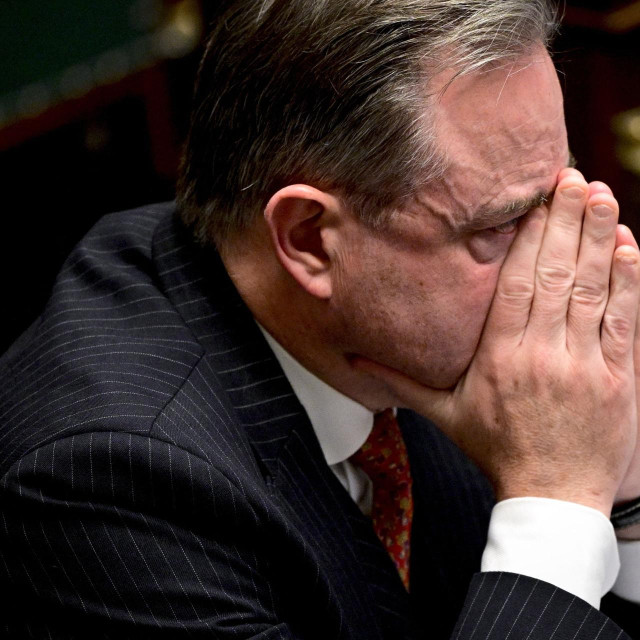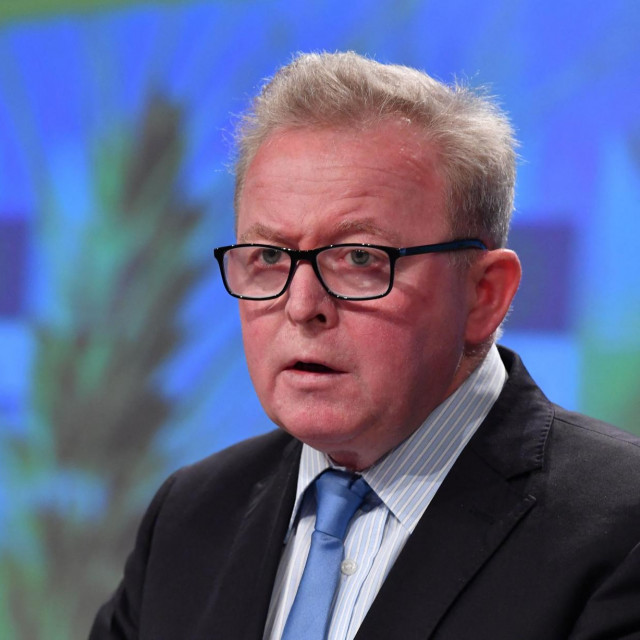
Supporter
The content of this page and articles represents the views of the author only and is his/her sole responsibility. The European Commission does not accept any responsibility for use that may be made of the information it contains.
The Common Agricultural Policy (CAP) national strategic plans currently leave a lot to be desired, according to EU Agriculture Commissioner Janusz Wojciechowski, who said the majority fall short of the EU executive’s environmental ambitions.
Through these plans, a main novelty of the 2023-2027 CAP reform, EU countries detail how they will meet the nine EU-wide objectives of the reformed CAP while responding to the needs of farmers and rural communities.
All member states have now officially submitted their plans to the Commission for approval, a process that is currently underway. However, according to Wojciechowski, first impressions in Brussels have been lukewarm.
“All plans can be improved,” he said during the most recent meeting of agricultural ministers in Brussels on Monday (21 March), pointing out that while some plans showed potential, most need improving.
He was particularly critical of several plans for lacking the “necessary level of environmental ambition”, saying many will require adaptations to ensure that.
While some lacked enough information to assess alignment with environmental ambition, in others, consistency with the environment and climate objectives was “not always demonstrated,” he added.
The commissioner expressed particular concerns about organic farming ambitions, as the EU’s flagship food and farming policy, the Farm to Fork strategy, aims for 25% of land to be farmed organically by 2030.
However, as the plans currently stand, the commissioner estimates that the EU would only attain 18% at the end of the financial period 2027. To address these shortcomings, the Commission would work closely with member states to improve on the “deficiencies” in the plans, he said.
“But I’m optimist[ic] because there is no one plan which is not possible to accept – there is a necessary improvement, but we are going in the right direction,” he said during a press conference following the meeting.
Despite this, the commissioner remained optimistic about the timeline, saying he could see no reason why most plans would not be wrapped by the end of June 2022.
Change of course
The commissioner also emphasised that these plans have taken on new importance since the start of the war in Ukraine. “When we developed this programme, we couldn’t have known that the times would change so dramatically,” he pointed out.
The commissioner urged EU countries to revise their plans to reinforce elements to strengthen the sector’s resilience, citing the agricultural sector’s increasingly important role in safeguarding the bloc’s security.
The EU executive has previously suggested that the plans should place a stronger emphasis on creating biogas, produced from farm waste, to bolster the sector against the energy crisis.
Other suggestions included using fallow land for protein crops which received strong support from member states but has been lambasted by environmental groups.
During the meeting, the commissioner confirmed that the EU executive would allow a derogation to the rules to allow protein crops to be grown on land set aside for ecological reasons.
Still keen on green
However, despite these derogations, the commissioner took the opportunity to reaffirm his commitment to the bloc’s environmental ambitions. He firmly putting to bed any calls to abandon or weaken the the Farm to Fork strategy, together with its Biodiversity strategy as a response to the war in Ukraine.
Stressing that security remains “first and foremost” and is “laid down in all the strategies,” the commissioner maintained that there is “no reason to stray from implementing our strategic objectives.”
“This is because they work in such a way that they shorten our supply chains,” he said, adding that these are measures that will “directly improve food security” and strengthen the resilience of European farming.
“A balance of agricultural development and resilience has got to be the main tools for implementing our objective of food security,” he stressed. (Edited by Alice Taylor)







Za sudjelovanje u komentarima je potrebna prijava, odnosno registracija ako još nemaš korisnički profil....